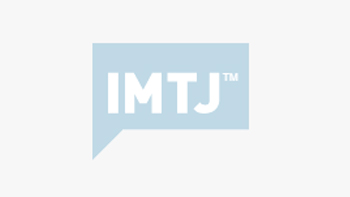No industry is immune from global recession, and that has to be the case for the growing medical tourism industry. In past recessions, businesses in the healthcare sector have perhaps suffered less than others; in a recession, people still get ill, and it’s often difficult to delay expenditure on healthcare. But there are some indicators that medical tourism is beginning to feel the pinch.
No industry is immune from global recession, and that has to be the case for the growing medical tourism industry. In past recessions, businesses in the healthcare sector have perhaps suffered less than others; in a recession, people still get ill, and it’s often difficult to delay expenditure on healthcare. But there are some indicators that medical tourism is begining to feel the pinch.
According to a recent article in BusinessWeek, “Medical Tourism: Surviving the Global Recession“, the Bumrungrad Hospital in Bangkok, one of the world’s leading centres of medical tourism is seeing a fall in overseas patient revenues. Similarly, the Association of Private Hospitals of Malaysia is reducing its forecast of overseas patient revenues, and some Indian medical tourism providers are reporting that “medical tourism is on the wane“. The situation is further complicated in India and Thailand by the recent terrorist incidents and political protests.
If we think back to 9/ll and the subsequent Iraq involvement, these events had a major impact on travel related businesses and medical tourism flows from the Arab States to the Western World. Countries such as the UK saw a significant drop in inbound medical tourism, and Arabic patients transferred their loyalty to countries such as Germany.
The counter argument is that in times of economic hardship, people are going to be more inclined to go overseas to avoid high costs in their own country. i.e. they look to buy cheaper, so this is good news for the medical tourism industry.
What’s going to happen? Here are my thoughts:
- The speed and size of this global recession is such that it must have a negative impact on medical tourism; people are going to hang on to their cash, and delay treatment whether that is treatment within their own country or overseas.
- It doesn’t necessarily mean that less people are going to travel for treatment.It probably means that the growth in number of medical travellers which has been widely predicted is going to be much less than anticipated.
- Many of the “new-born” medical tourism facilitation companies that have appeared in recent months are going to find it tough going.
- Those businesses in the sector that have their marketing act together will do best. They’ll focus on those marketing activities that deliver results, they’ll have a clear idea of what their marketing and service strategy is, and they’ll look to generate business and referrals from existing and past patients. See “Five Tips for Marketing in a Recession“
So….it’s going to be survival of the fittest in the medical tourism sector. There’s plenty of opportunities out there, but there will be fewer to go around. Which means that some businesses are going to find the going tough.








 ©2024 All rights reserved LaingBuisson
©2024 All rights reserved LaingBuisson 


